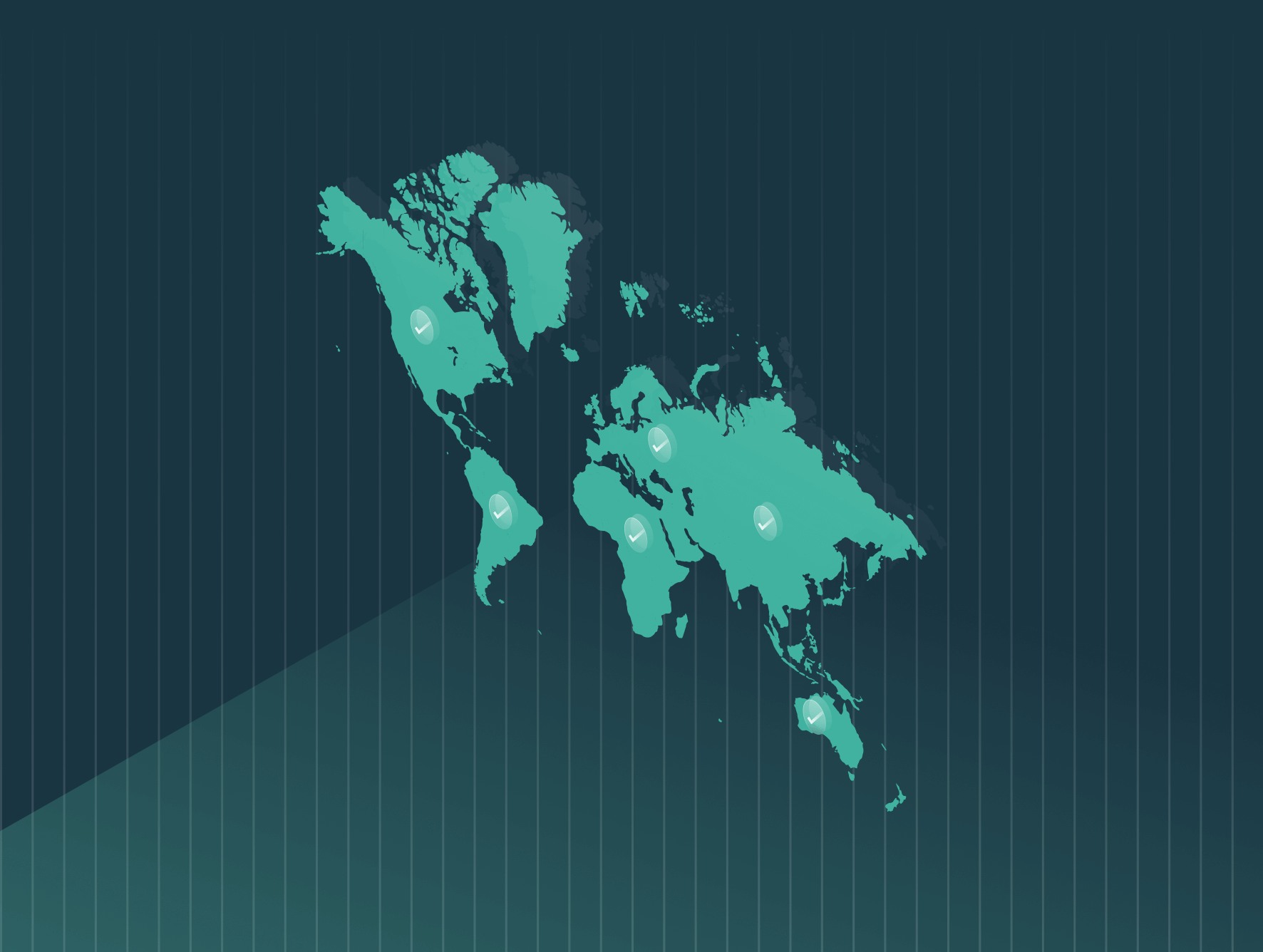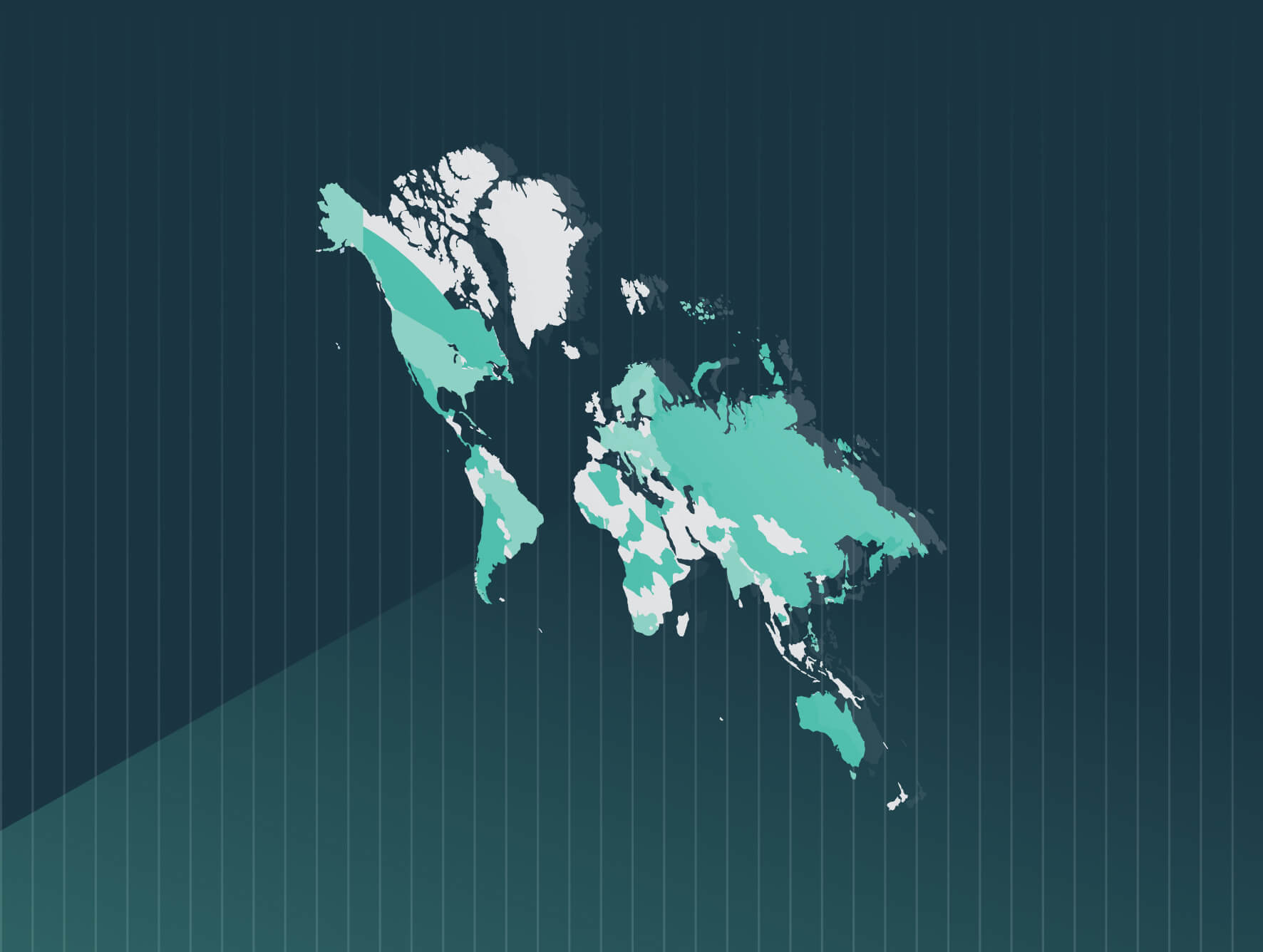In a historic move, the Board for Control of Cricket in India (BCCI) passed a pay equity policy for its contracted female cricket players.
BCCI president Roger Binny said in a media advisory, “In our Apex Council meeting today, we have made a marquee decision on pay equity for our women cricketers. Our women players will be paid the same match fees as men in international cricket. This decision sets the platform to grow and develop cricket. I believe this is a significant step forward for women’s cricket and the game overall.”
On Twitter, BCCI Honorary Secretary Jay Shah said the policy decision marks “a new era of gender equality in cricket.”
The policy guarantees equal match fees for male and female players. Those figures stand at 1,500,000 rupees for test matches; 600,000 rupees for One-Day International (ODI) matches; and 300,000 for Twenty20 International (T20I) matches.
Indian female cricketers currently earn 400,000 Indian rupees for test matches and 100,000 for ODIs and T20Is. They also play less cricket than their male counterparts.
It remains to be seen whether there will be changes to the contract system for women.
With the first women’s Indian Premier League set to be played next year, the policy bolsters India’s pay equity efforts to combat gender pay discrimination in sports.
The decision to ensure equitable compensation between Indian cricket players is part of a larger shift toward pay equity. The country already has certain protections in place under its Equal Remuneration Act, which at a minimum requires gender pay equity.
India’s decision to make pay equity a reality in the realm of sports is not a first. In fact, pay equity in Cricket is taking effect all over the world.
In July 2022, New Zealand Cricket and the players’ association signed a five-year deal guaranteeing equal pay for players regardless of gender. And in 2017, Cricket Australia signed a five-year collective bargaining agreement that gave contracted female players the same base hourly pay rate as their male counterparts.
Pay equity in sports is a growing trend. Lawmakers and athletes across the U.S. have advocated in recent years for the principle of “equal pay for equal play.” Last February, the U.S. Women’s National Soccer Team USWNST settled a $24 million lawsuit after a years-long battle with the U.S. Soccer Federation for gender pay discrimination. Trusaic’s Chief Equality Officer and soccer star Megan Rapinoe was among the players leading the charge throughout the case.
Pay equity is growing as a hot topic on playing fields and in legislative boardrooms alike across the globe. Employers would be prudent to ensure they’re fostering equitable pay structures within their organizations before legal issues arise. Organizations should conduct a proactive pay equity audit to get a gauge on where they stand when it comes to fair pay and identify aspects they can improve moving forward.








